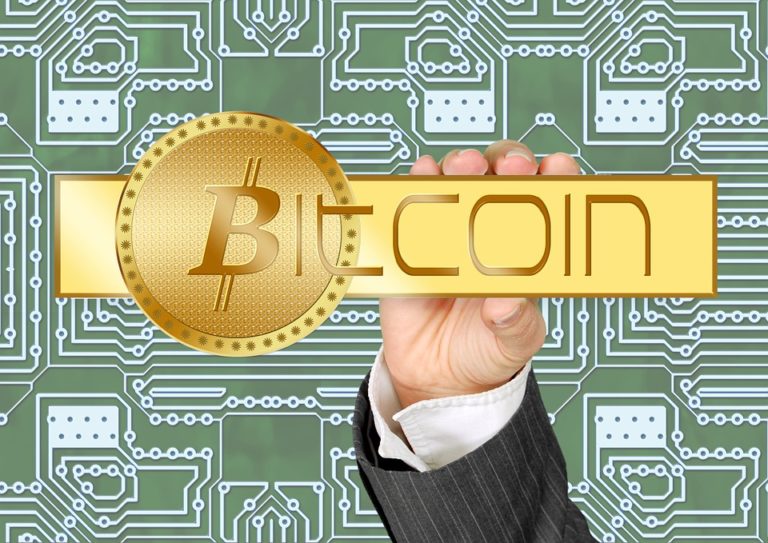
It looks like the days of government money that you carry around as cash might be about to draw to a close. Although governments all over the world will want to retain control over their currencies so that they can manipulate the economy, a host of new startups is now tinkering around the edges, changing what we think of as money into something rather different. It’s all driven by fantastic improvements in technology: improvements that are so dramatic, most of us have been blindsided. These advances have been propelled, in part, by exciting startups trying to bring consumers new money-like products, designed to enhance the way that they make transactions.
Perhaps the most famous of these startups, now a full-blown company in its own right is Paypal. Paypal started as little more than a group of highly motivated tech entrepreneurs, but it soon evolved into a multi-billion dollar company, all thanks to the fact that it offered secure online payment options. Now we’re hearing a lot more about “fintech” – or financial technology – which is continuing to build on Paypal’s legacy. What exactly is it and who’s involved? Let’s find out.
Bitcoin Storage
You’ve probably heard about Bitcoin, a new form of currency that’s been set up to compete with regular fiat currencies. It’s based on an intelligent algorithm that means that it’s nearly impossible to steal or forge. It’s all clever stuff. Now, though, a company called Elliptic wants to make the stealing bitcoin a lot harder with the introduction of its “Bitcoin vault,” where bitcoins are stored for customers in their bespoke digital storage vaults. Elliptical says that it provides clients with insurance-backed protection for their bitcoins up to a value specified by the owner.
No More Middle Man
If we’ve learned anything from the internet, it’s that centralized industries tend to suffer the most from digitizing. One such industry is the credit card processing industry. A customer pays for goods or services through a credit card swiper and then a whole bunch of middlemen, like banks and credit card processing companies take a big chunk of the credit card transaction.
But now with new money technologies, like bitcoin, that’s all being done for free. The reason for this is a smart algorithm called blockchain. Blockchain is disruptive because it does for free what banks and other financial institutions used to charge a lot of money for – verifying a transaction is valid.
Collaboration Between Small And Large
When Apple first got into the payment market, it didn’t try to destroy the existing payment schemes. Instead, it decided to bring its own unique approach to complement the technology that already existed. What was interesting about this approach is how Apple just focused on what it was already good at: making the user experience better for customers. And it mostly achieved this. But despite all this, Apple’s payment method still hasn’t taken over the market in the way that many analysts expected.
There’s now more of a focus on cooperation between existing companies and new startups. Startups see their role as reducing “friction points” in the existing system, rather than remaking it.
